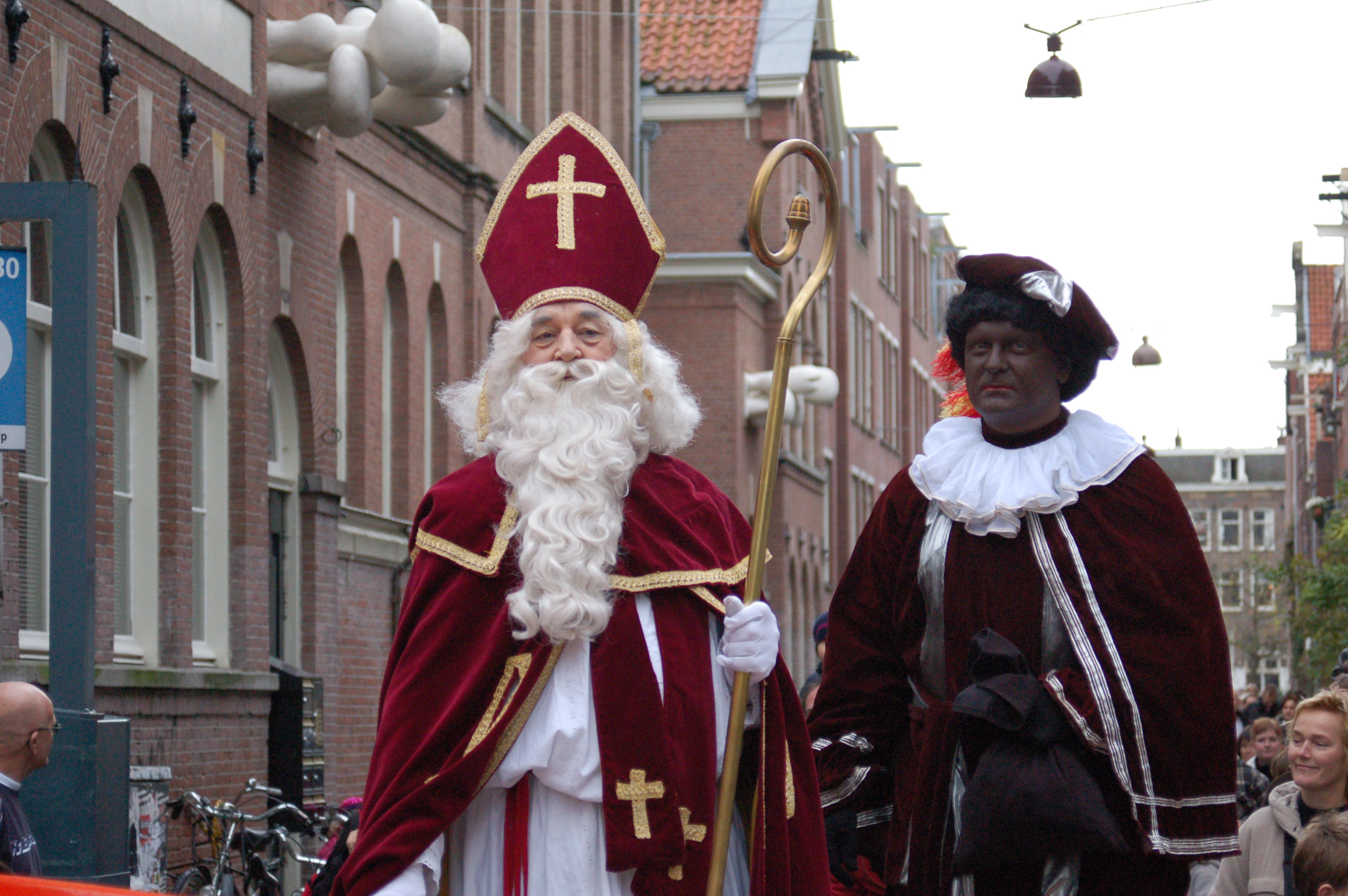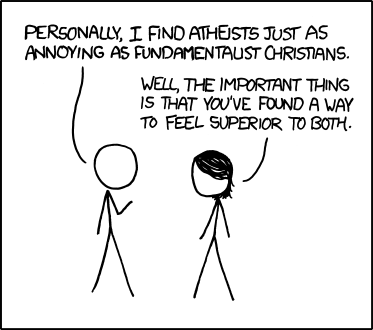Four roommates se rencontrent dans la cuisine. En général, j'aime bien prendre mon déjeuner toute seule dans le silence de mon réveil graduel, mais je n'aurai pas ce plaisir aujourd'hui: ce midi, les esprits sont déjà un peu échauffés.
C, F, et M, are respectively attending to their morning rituals: F is eating her bowl of roasted veggies, quinoa, tef, and yogurt (!); C. is doing some dishes (thanks, C.), and M. is reading the news of the day... on Facebook.
Today is élection day in the US of A. Who will it be?
Meanwhile, in Amsterdam, there is an increasing number of tents being set up in public squares.
''As in Occupy?'' I ask.
''No,'' responds M., ''they are immigrants who can't go back home, who set up camp in the city.''
''Like in Paris, or Bruxelles'', interjects a fifth roommate walking by.
Europe trying to deal.
M. is indignated. She's pumped up, gesticulating in front of her computer screen, sharing her indignation and her rage, hoping to reach to us and make us react to all this injustice.
But I'm not particularly in a mood for the news. I don't really wanna hear about the state of the world right now. I was all about activist angst during my years in college, and somehow I now need to focus on compassion and historical relativity.
C. and I start joking:
''It's the end of the world... as we know it....'' I sing.
'' ... and I feel fine...'' ,
What a weird thing to say. Of course I don't feel fine. But I've develop quite a dark sarcastic sense of humor that helps me cope with it all.
M. then tells us about 'Swarte Piet', a dutch - and also belgian - holiday tradition which is rooted in folklore and continues to this day, celebrated by all.
Swarte Piet, is an kind of elf who accompanies Sinterklaas (Santa Claus). Typically, there is ten of them; they run the street, acting playfully and mischievously. They punish bad behaving children and distribute candy to the deserving ones. They bring mixed feelings of fear and merry!
Swarte Piet is cherished tradition. Swarte Piet... is a bunch of white people dressed up in black faces!
 White people putting on black face paint and acting out stereotypes about black people?
WTF?!
White people putting on black face paint and acting out stereotypes about black people?
WTF?!Blackface was really big in the US of A back in the 19th and early 20th century, but today few Americans would feel comfortable with such a thing. It is obviously racist.
''I was a swarte Piet when I was a kid! We were all swarte Piet! The fu**ed thing is: nobody thinks there's anything wrong with that in the Netherlands.''

In recent years some people have raised the issue in the public sphere. Last year, artist and activist Quinsy Gario started a campaign to raise awareness. He made a t-shirt stating : ''Swarte Piet is Racism'' and wore it amidst the crowd on the beloved day of celebration, which in the Netherlands is December 5th. He made more t-shirts for anyone wanting them, using spray paint and a stencil. (I'd have to verify, but I'm pretty sure he made them for free.)
He upsetted many people that day. He got beaten and was arrested.
Thus ensues a Tuesday lunchtime conversation about colonialism, slavery, and denial.
And then I heard myself take the conversation in a strange direction... ''Bien sûr, c'est évident que c'est un une tradition qui est directement liée au passé colonial de la Hollande. C'est fuck** up, no doubt. But I'd like to remind us that slavery, colonialism, and racism, are not necessarily exactly the same thing.''
Couldn't help playing devil's advocate.
L'esclavage, rappelons-nous, existait bien avant la rencontre entre les Européens et le reste du monde. Les nations africaines prenaient et s'échangeaient eux-mêmes des esclaves avant l'arrivée des blancs. Les colons Européens n'ont fait que continuer dans une voie qui était déjà établie depuis des siècles:
Slavery was known in almost every ancient civilization, and society, including Sumer, Ancient Egypt, Ancient China, the Akkadian Empire,Assyria, Ancient India, Ancient Greece, the Roman Empire, the Islamic Caliphate, the Hebrews in Palestine, and the pre-Columbian civilizations of the Americas.[4] Such institutions included debt-slavery, punishment for crime, the enslavement of prisoners of war, child abandonment, and the birth of slave children to slaves.[19]That being said, it appears to me that it was the impetus of European colonial expansionism that blew the whole slavery thing to overwhelming, global proportions. Great explorations... Massive scale exploitation. Rifles and bibles... An unprecedented level of recklessness and greed.
''But slavery in itself, back then, was not immoral per se. It was simply a fact, the way of doing things.''
My comment raised consternation. My roommates were confused about my position.
I reiterated that I wasn't denying the evils perpetrated in the name of colonialism. I tried to highlight the conceptual line and the historical relativity of those concepts that are so charged today.
Instead, it sounded like I was denying the immorality colonialism and post-colonial, institutionalized racism.
With a harshness in her voice, F. told me: ''Why do you feel the need to say these things?''
''I guess I want to relativize some things,'' I answered.
'' Why are you even going there? What's the point?'' she retorted.
I had to think about it. What was my point?
Her intervention left me feeling yucky throughout the day.
Could it be that I defending or minimizing racism? Me?! Impossible. I know what my relationship with all of this is. I've grappled with it, somehow, since I was twelve years old, and I guess I feel that I can allow myself to transcend the anger and the guilt...
Could it be that I defending or minimizing racism? Me?! Impossible. I know what my relationship with all of this is. I've grappled with it, somehow, since I was twelve years old, and I guess I feel that I can allow myself to transcend the anger and the guilt...
I recognize that the Dutch people aren't apparently there, however.
Later, taking up the reflection so as to understand more clearly: what had my point been?
 |
| Black ''helpers'' to white santa. How does it make you feel in your stomach? |
I'm coming from the perspective of assuming an evolution in consciousness. To me, this is the principal raison d'être of the linear time mindset. For what we call history is, we must remember, tainted with a teleological component. We are going somewhere. History, so that we may learn from the past. History so that we might figure out what kind of future we want.
In this light, I would suggest that the concept of moral superiority - how I use the term 'racism' - came about as the collective psyche's response to the violence that was being perpetrated: the white man needed to cope, in order to justify his brutal actions. It is no wonder why European intellectuals co-opted the theory of evolution and turned Darwin's biological hypotheses into what has come to be know as Social Darwinism.
To me that marks the advent of modern racism. (Did the Egyptians use moral justifications for the enslavement of the Hebrews? I don't know.)
Now here's another thought. The 'coping mechanism against guilt' hypothesis actually leads to a fascinating implication; that a ''universalist morality'' was latent in the European psyche of the 18th and 19th century. In other words, it implies the presence of the evolutionary potential already built in in consciousness(if one accepts the postulate that racism is less than let's say 'universal love').
But I didn't manage to phrase all of this during our conversation. I saw my friends indignated and didn't think it was a good moment to go into theories about the evolution of consciousness and the evolution of morality. Perhaps it would have been.
Something had been left unclear and unsettled. So in the evening, I took up the conversation with M. again.
''I am weary of the dualism, the hatred, and the segregation. I am weary of the guilt and the finger pointing. I'm not sure it's the solution. It might be a step towards resolution, but there is more to this. I want to push the debate further.
I think racism is a defense mechanism and I wonder if putting it in people's faces without going deeper in the conversation might not perpetuate the chasm.
White people feeling all this guilt, getting ever more defensive. Yes, it is probably a necessary step to go through. But then what ?"
Can we, should we, and how do we transcend white guilt? (Neil, tell me...)
I feel ready and want to transcend it. I want to feel all this pain and I want to forgive white people too. I want to place what happened, as well as what's happening, within proper context.
Which context is this?
Social darwinism came about as a false rationalization for the EXPLOITATION of foreign RESSOURCES. Think about it...
That was my point. Or rather, my ellipses.
''In the end,'' I said, ''the reason why I'm saying that all of this - Swarte Piet, Quincy Gario, and Facebook threads on whether or not Dutch people are in denial about their colonial past - is good, is because... WE'RE HAVING THIS CONVERSATION right now.
It happened fifty years ago in the United States. It's only beginning to take place in the Netherland.''
(Today, Obama got re-elected! Thank Evolution!)






